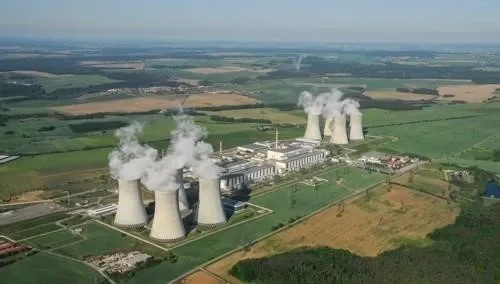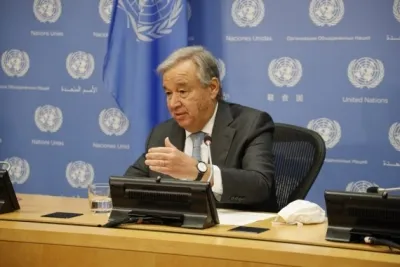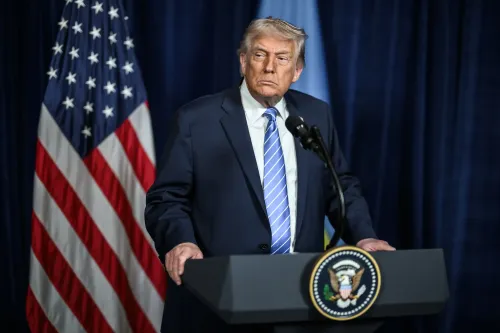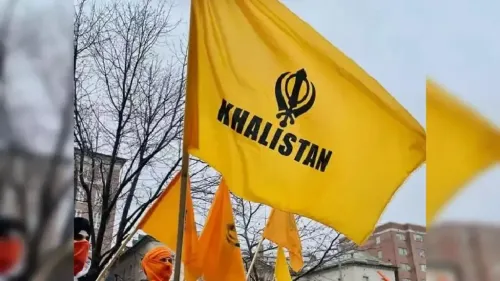Why Did a Czech Court Cancel the Injunction on the Nuclear Power Plant Contract with South Korea?

Synopsis
Key Takeaways
- Czech court lifts injunction on nuclear project with South Korea.
- Agreement involves 26 trillion-won contract for two reactors.
- Decision supports international energy collaboration.
- Could be South Korea's first overseas nuclear deal since 2009.
- Strengthens energy security and technological exchange.
Seoul, June 4 (NationPress) A Czech court has annulled an injunction that prohibited the signing of a multibillion-dollar nuclear power plant contract with South Korea, removing a significant barrier in the agreement between the two parties, as confirmed by the Korean company overseeing the project on Wednesday.
The Korea Hydro & Nuclear Power Co. (KHNP) verified reports that the Czech Supreme Administrative Court has overturned the injunction that had hindered Elektrarna Dukovany II (EDU II), the responsible entity, and the South Korean consortium led by KHNP from finalizing the contract to construct two new nuclear units at the Dukovany plant.
This decision followed EDU II's appeal last month against a local court's ruling that had issued an injunction temporarily blocking the estimated 26 trillion-won ($18.6 billion) deal due to a request by French energy company EDF, a competitor that lost in the bidding process, according to Yonhap news agency.
The KHNP had initially intended to sign the final agreement with EDU II on May 7 for the construction of two 1,063-megawatt reactors at the Czech power facility situated approximately 170 kilometers southeast of Prague.
Should the deal proceed, it will signify South Korea's first international nuclear power plant contract since 2009, when the nation secured a deal for the Barakah nuclear power plant in the United Arab Emirates.
"The KHNP appreciates the Czech Supreme Court's decision to annul the injunction and eagerly anticipates swiftly concluding a final contract with Prague," stated the Korean company.
Earlier on May 11, the Czech Republic's state-run energy company CEZ announced plans to appeal a court injunction that week, which was hindering its ability to finalize a significant nuclear power project with South Korea.
The Czech regional court had issued an injunction temporarily blocking the completion of the estimated 26 trillion-won ($18.6 billion) project due to a legal challenge from EDF, which was unsuccessful against the South Korean consortium led by Korea Hydro & Nuclear Power Co. (KHNP) in the tender process.










